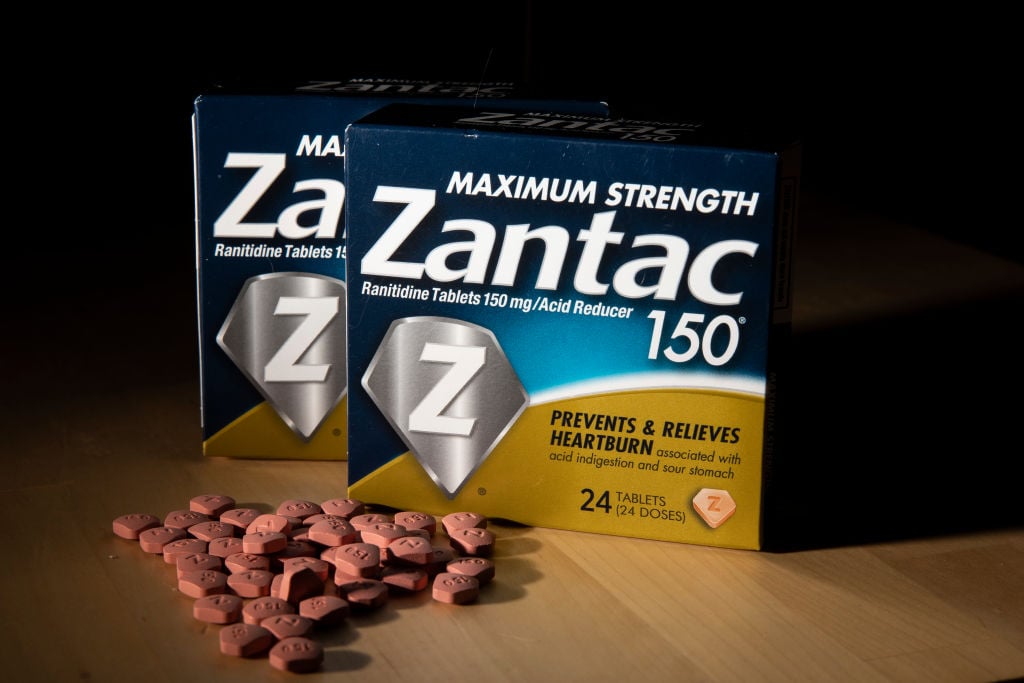GSK hit with high-stakes setback in Zantac saga as judge allows tens of thousands of lawsuits to proceed
Patent Infringement

Preview
Source: FiercePharma
The decision of a Delaware judge on Friday to allow more than 75,000 Zantac lawsuits to go forward to jury trials has left four major drugmakers—GSK, Pfizer, Sanofi and Boehringer Ingelheim—vulnerable to costly awards, settlements and litigation fees as they try to resolve claims that the heartburn drug can cause cancer.
The ruling by Superior Court Judge Vivian Medinilla affects state-level cases that were consolidated in Delaware. The companies were hoping for a judgment similar to one from a Florida federal court 18 months ago, which determined that there was no scientific evidence to support the cancer claims. That ruling allowed the companies to wash their hands of approximately 50,000 lawsuits that had been consolidated in that court.
Judge Medinilla’s verdict means that juries can hear expert analyses of the potential health risks caused by Zantac. The court did not rule on the validity of the scientific evidence backing the claims.
Of the companies contesting the lawsuits, GSK faces the most exposure as it gained approval for the drug in 1983 and sold it until its patent expired in 1998. On Monday morning, the British drugmaker’s stock dipped by more than 8%.
“Prior to the Delaware court’s decision, approximately 75,000 individuals had filed cases in Delaware,” Sanofi said. “Of those filed cases, approximately 25,000 named Sanofi, and almost all of those cases named additional defendants. Sanofi believes that none of these cases should proceed to trial.”
In its statement, Pfizer pointed out that “plaintiffs’ expert in Delaware utilized the same unreliable litigation-driven methods as did the experts in the federal multi-district litigation” in Florida. The company also pointed to three “published epidemiological studies,” which were released following the Florida decision and found “no association” between Zantac and cancer.
Analysts at ODDO BHF said that GSK faces potential exposure worth $2 billion if the company moves to settle the tens of thousands of claims it faces.
“GSK will continue to vigorously defend itself against all claims and manage this litigation in the best interests of shareholders,” the company said in a statement posted to its website. “Alongside immediately seeking an appeal to the Delaware Supreme Court, the company will file motions for dismissal pressing additional defenses, severance of cases, and proof-of-use by claimants; and, at the same time, the company will progress to trials of individual cases.”
Tim Anderson, an analyst for Wolfe Research, wrote that the financial impact resulting from defending against claims is minimal compared to the damage that can be done when a company loses a high-profile court case.
"Industry precedent shows these matters eventually get resolved. Even if big checks have to get written to make it go away, it rarely really creates true 'business risk' for multinational drug companies," Anderson wrote. "But what ends up mattering more is that it caps investor interest because of fear of headline risk from big jury verdicts. Investors in Bayer (RoundUp) and JNJ (talc) have been living with this for a number of years."
For more details,please visit the original website
The content of the article does not represent any opinions of Synapse and its affiliated companies. If there is any copyright infringement or error, please contact us, and we will deal with it within 24 hours.
Organizations
Indications
Targets
-Hot reports
Get started for free today!
Accelerate Strategic R&D decision making with Synapse, PatSnap’s AI-powered Connected Innovation Intelligence Platform Built for Life Sciences Professionals.
Start your data trial now!
Synapse data is also accessible to external entities via APIs or data packages. Leverages most recent intelligence information, enabling fullest potential.





